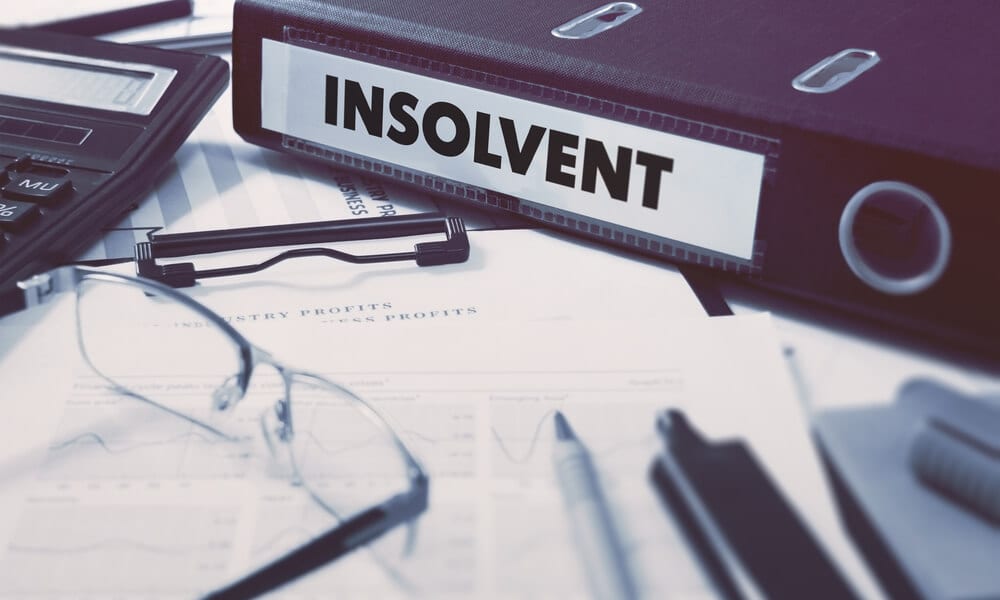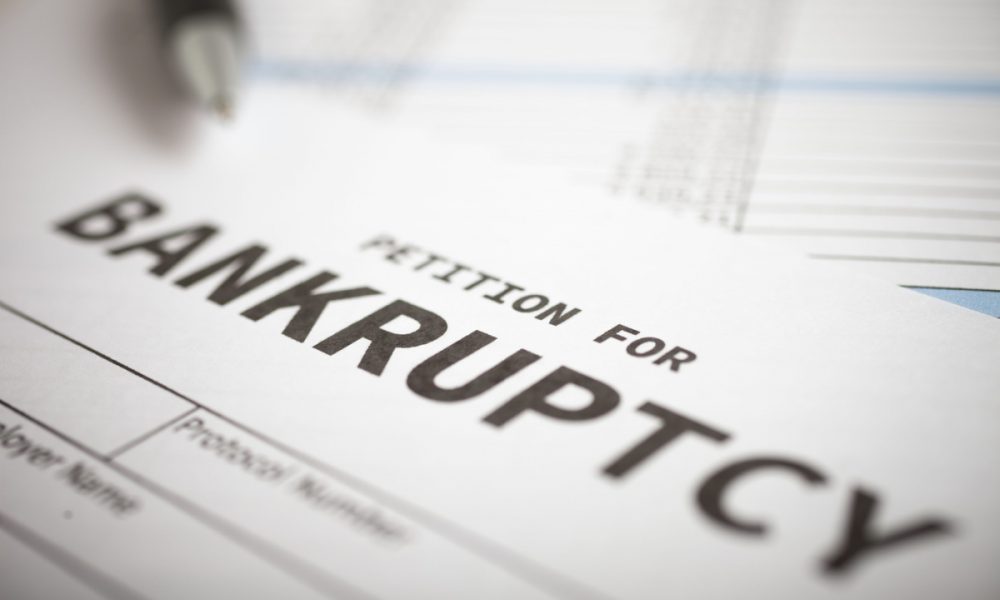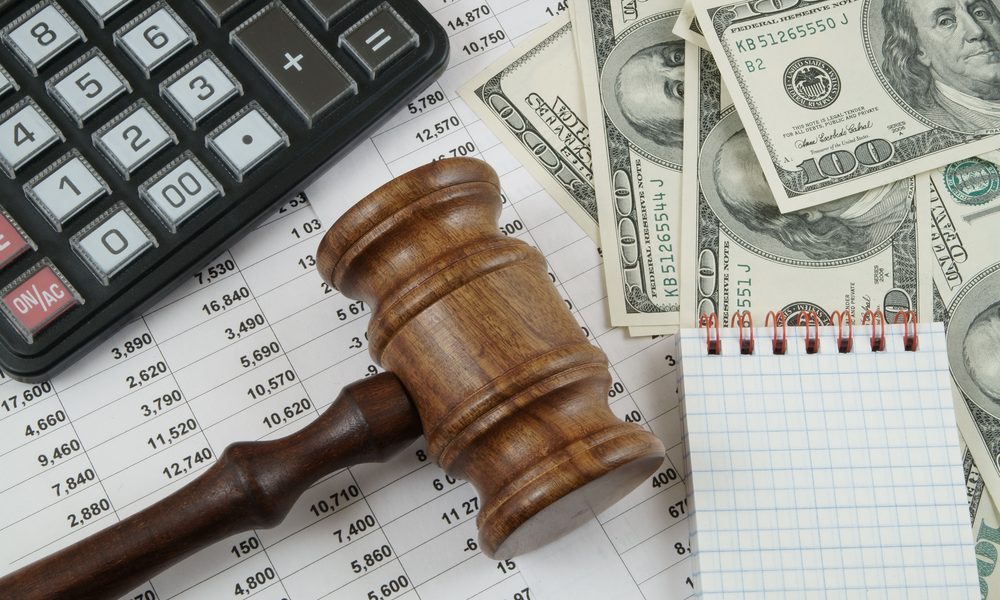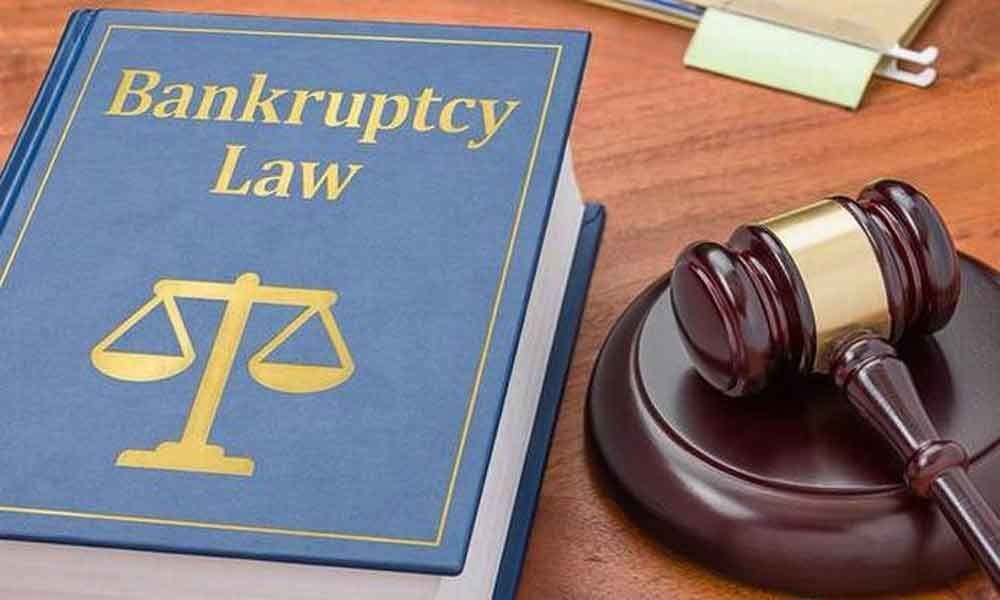Bankruptcy is a legal process that individuals and businesses can use to discharge their debts and start fresh. However, filing for bankruptcy is a complex process that requires careful consideration and planning. If you are considering filing for bankruptcy, it is important to understand the legal process involved and what to expect.
Types of Bankruptcy
There are two main types of bankruptcy that individuals and businesses can file for: Chapter 7 and Chapter 13. Chapter 7 bankruptcy involves liquidating assets to pay off debts, while Chapter 13 bankruptcy involves creating a repayment plan to pay off debts over a period of three to five years. Each type of bankruptcy has its own eligibility requirements and legal process.
Bankruptcy Petition

The first step in the legal process of bankruptcy is filing a bankruptcy petition with the court. This petition must include detailed information about your financial situation, including your debts, assets, income, and expenses. Once the petition is filed, an automatic stay goes into effect, which stops creditors from attempting to collect on your debts.
Bankruptcy Trustee
When you file for bankruptcy, a trustee will be appointed to oversee your case. The trustee’s role is to review your financial situation, collect and sell your non-exempt assets, and distribute the proceeds to your creditors. The trustee will also hold a meeting of creditors, where you will be required to answer questions about your financial situation.
Creditors’ Meeting
The creditors’ meeting, also known as the 341 meeting, is a mandatory meeting that you must attend. At this meeting, the trustee and your creditors will have the opportunity to ask you questions about your financial situation and bankruptcy petition. It is important to be honest and transparent during this meeting.
Bankruptcy Discharge
Once your bankruptcy case is complete, you will receive a bankruptcy discharge. This discharge eliminates your legal obligation to pay your debts, and creditors are prohibited from attempting to collect on those debts. However, certain debts cannot be discharged, such as student loans, taxes, and child support payments.
The legal process of bankruptcy can be overwhelming and complex. It is important to work with an experienced bankruptcy attorney who can guide you through the process and help you make informed decisions. By understanding what to expect during the legal process of bankruptcy, you can take steps to protect your financial future and start fresh.




